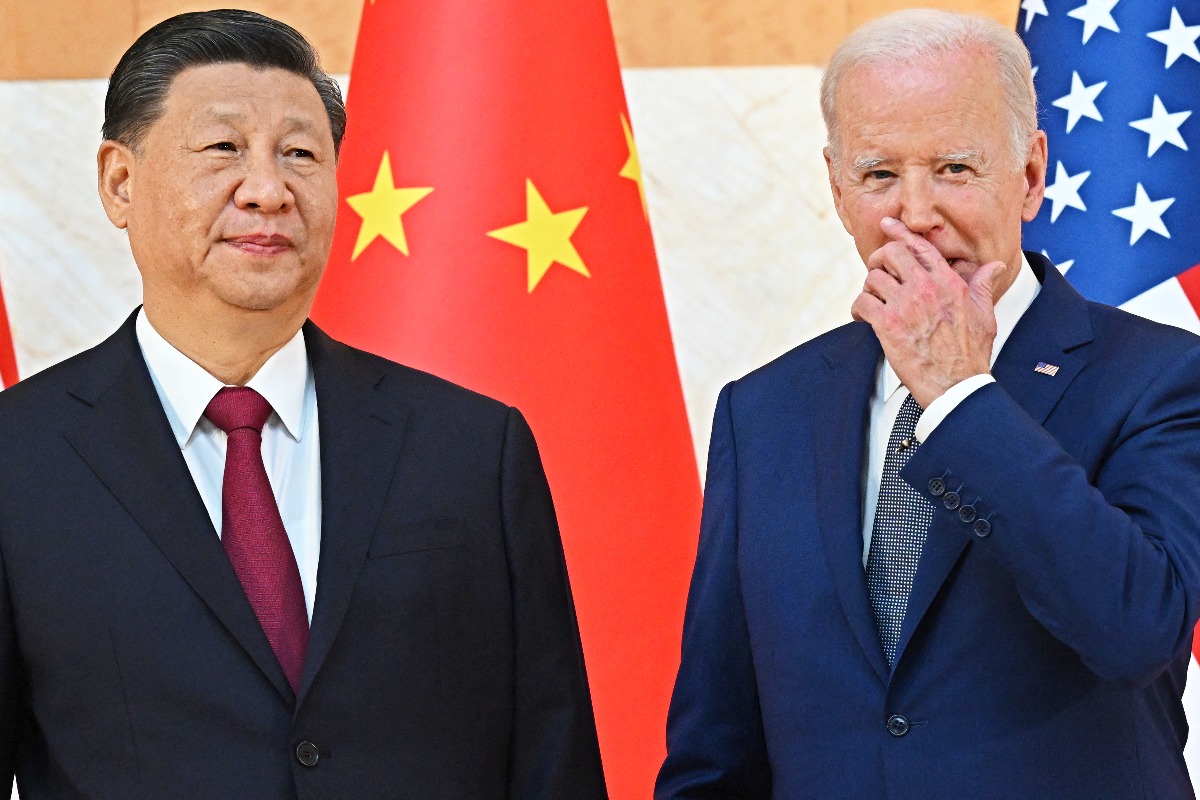- According to a recent Bloomberg article, former Treasury Secretary Lawrence Summers said he sees "troubling" signs that the US is losing influence as the pace of globalization fades. Why is the US-led bloc losing its attractiveness?
- There are two components as to why this is occurring, and these are interrelated. The first is simply that the American economy has been hollowed out to a great extent by decades of unfettered globalisation. America simply does not make as much stuff as they did in the past. In 1950, manufacturing made up around 30 per cent of employment in the United States; today it makes up less than 10 per cent. America’s economic power in the past three or four decades has increasingly been its financial power. But that power was tied to the global use of the dollar. This was never sustainable and as we have just discussed, this power is now waning. The second component is that the Americans are mismanaging the transition. American policymakers seem confused about the strength of the United States as an economic power. They appear to think that they possess the most important economy in the world. But they do not. China’s economy is larger than America’s on a PPP-adjusted basis, and the combined BRICS+ economy is vastly more important than the American economy not just in terms of size but also in terms of access to the key commodities that are required for economic growth to take place. Unless the Americans realise this more balanced perspective, I fear that they will continue to mismanage the transition and vastly diminish their own power and influence as a result.
- Meanwhile, BRI, BRICS, and SCO are increasingly popular prospects for countries worldwide. Why are they becoming more attractive?
- As I just said, when combined this is an incredibly important economic bloc. Not only does this bloc provide the world with much of its manufacturing output, thanks to the rise of China. But this bloc also possesses much of the raw materials that the world economy relies upon. Some will point out that many of the BRICS+ countries remain much poorer than the Western countries. This is true but it actually makes the BRICS+ bloc more attractive in many ways as this bloc has much more potential to grow. Take China as an example. Chinese GDP per capita is currently around USD 12,500 while American GDP per capita is around USD 72,000. Chinese living standards will almost certainly catch up with American living standards in the coming years and this would imply an almost sixfold increase in Chinese GDP. Chinese GDP currently stands at USD 17.7trn, so this would imply a GDP of almost USD 102trn. For the record, American GDP is currently USD 23.3trn. In the future it is not unthinkable that China will have an economy that is roughly five times the size of the American economy.
- How is China's approach to its alliances different from the US's?
- China approaches its alliances in a wholly pragmatic manner. The Chinese do not care much about the internal governance of a country, so long as this does not impede China’s interests. The United States, on the other hand, has become increasingly moralistic about its alliances. America seems to expect that its allies adhere to American values. This would be problematic in and of itself, but it is made vastly worse by the fact that, frankly, American values appear to be in a constant state of flux and become more unusual and exotic every year. In my interactions with Americans I do not think the majority of those in positions of power and influence understand how much damage these trends have done to America’s standing in the world. The United States would be far better off taking a more pragmatic approach to their alliances if they want to compete for influence with China.
- What disciplines and ideas can be the fundamentals of a truly multipolar world?
- I am primarily a macroeconomist, and I am sad to say that the quality of macroeconomics has diminished drastically in recent decades. Much of this is due to the discipline becoming overly technical, focused on highly abstract mathematical modelling with no real world applications. For this reason, it tends to attract people with an engineering mindset. Good macroeconomics should be as much an historical discipline as it is a technical discipline. These days much of the good macroeconomic debate comes out of the finance industry, often from people with limited formal macroeconomic training. This is unfortunate. I hope that macroeconomic – real macroeconomics – will make a comeback as the world shifts towards multipolarity. And I hope that those engaged in geopolitical pay more attention to macroeconomics, because if they don’t I fear they will just misunderstand the world entirely and mismanage the transition that is occurring.
The author is editor of Eurasia Magazine

